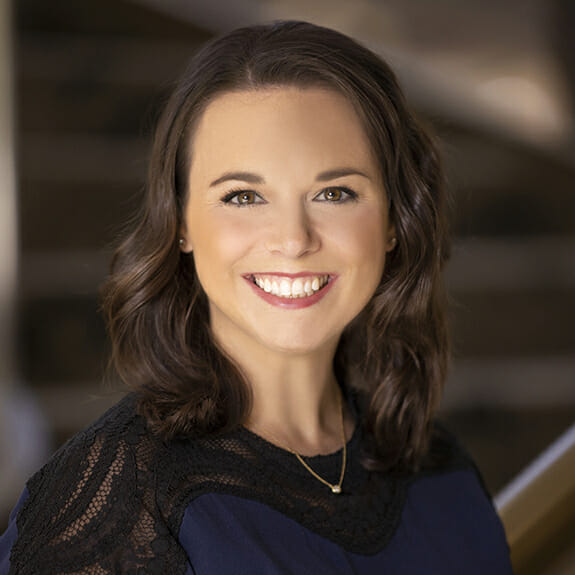By Sarah Lopano
The Federal Circuit emphasized the district court’s gatekeeping role when assessing expert testimony under Federal Rule of Evidence 702.
In an 8–2 en banc decision, the court ruled that the district court abused its discretion by admitting expert testimony in EcoFactor Inc. v. Google LLC, 2025 WL 1453149 (Fed. Cir. May 21, 2025). EcoFactor, which holds a patent related to smart‑thermostat operation in computer‑networked heating and cooling systems, sued Google, alleging infringement by Nest thermostats.
At trial, EcoFactor’s damages expert used the “hypothetical negotiation” method, estimating royalties that would have been agreed to before infringement began. The expert relied on lump‑sum settlement licenses with three licensees and argued that Google should pay rates comparable to those licenses. A jury awarded EcoFactor more than $20 million. Google sought a new trial on damages, but the district court denied it, leading to an appeal.
The Federal Circuit examined the licenses and noted their recitals only stated EcoFactor’s view that certain per‑unit rates were reasonable. The court held that those recitals “provide[] no indication that the licensees agreed to pay the [] rate or shared EcoFactor’s belief that [the rate] constituted a reasonable royalty.” Two licenses even stated that the lump‑sum payments were “not based on sales and do not reflect or constitute a royalty.”
The court found that those licenses “expressly disavowed” the expert’s premise, concluding they “were insufficient, individually or in combination, to support his conclusion that prior licensees agreed to the [] royalty rate.” Thus, under Rule 702(b), the expert’s testimony “was not based on sufficient facts or data.”
The Federal Circuit underscored that the sufficiency of an expert’s basis is a matter of admissibility, not weight, saying: “Judicial gatekeeping is essential to ensure an expert’s conclusions do not go beyond what the expert’s basis and methodology may reliably support.”
